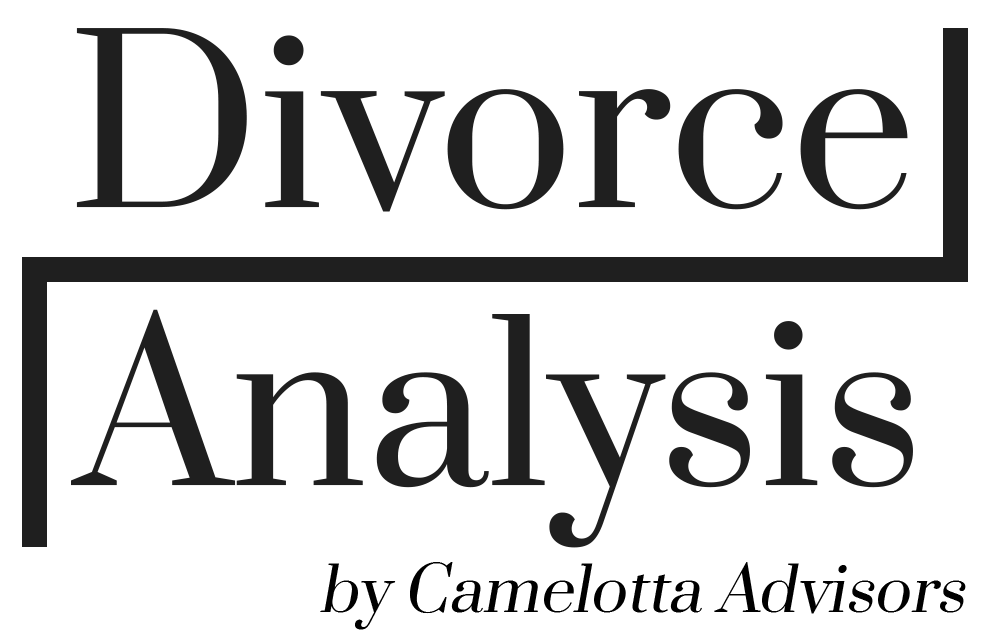When I was at Harvard Business School, we sometimes would socialize with students at Harvard Law School – the future elite legal minds of the world including people such as Barak Obama and Supreme court justices. One common feature of my friends in law school was their expressed disinterest in careers involving math. And these are the elite ones. After graduating, not only did I notice that none of these great legal minds went into family law (which is why a good attorney is hard to find) but more than that, the attorneys in family law refused to do even the simplest math. They get around doing math in two ways:
1) Formulaic doctrine: Divorce laws are often written like the old “story problems” from math class in elementary school. You may recall that these were the most difficult ones. And yet, professionals with no interest in doing math are asked to solve them for clients in divorces! Worse yet, if you actually do the math, you find that the equations cannot even be solved by folks with PhDs in math! That is why many of the divorce outcomes seem random and unseen.
2) CPAs: CPAs are fine at adding and subtracting but they are not well trained in the world of analysis. The difference can be seen in a simple example. Most people are familiar with balancing their checkbooks – this is the domain of the accountant. At the same time, most individuals must buy a house or rent an apartment. This requires analysis of questions such as “how much can I afford to pay” and “would I rather have carpet or hardwood floors?” Accountants count, which means they are very good at looking at the past and balancing numbers. The problem is that most of the problems you encounter in a divorce require analysis (in fact in some cases you do have to evaluate whether to buy your house from your spouse!). It is in this area that accountants fall short.
So how do we address this problem? Learn from the pros!
Divorce, in many ways, is a business transaction; more similar to a corporation that wants to merge with another or, spin off a subsidiary. For example, many are familiar with the fashion firm Prada. When they wanted to spin off a part of the company, now called Mui Mui, who did the CEO call? His attorney? No. His accountant? No. In fact, one thing we learned at Harvard Business School was that there are 2 types of professionals you should call first to make sure you capture the best of such a business transaction. They are: management consultants and investment bankers. At their best, these professionals have the experience and the analytical capability to maximize their clients’ financial benefits from the transaction. So if a divorce is analogous, why do people call accountants and attorneys first? Perhaps it is because Hollywood tells them to do that. If they are serious about preserving their wealth, professionals who can give skilled tailored financial advise are the best first move. Divorce Analysis is not an accounting or law firm, in fact, we stand as consultants and financial advisors giving highly tailored professional advice on the best ways to optimize the financial aspects of their divorce.
